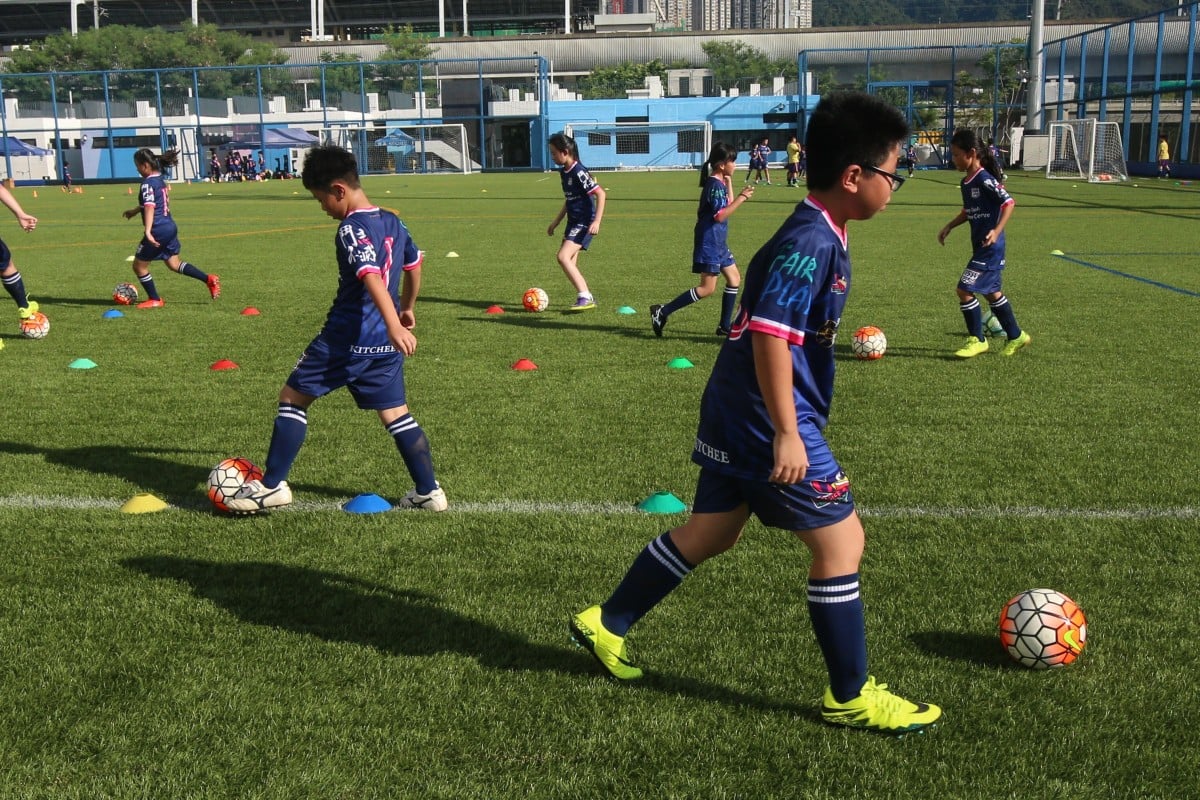
Hong Kong should open its doors to overseas parties in the Premier League, says a renowned local football expert who wants the sport to move forward after decades of stagnation.
Li Tak-nang, a sports commentator with more than three decades of experience and a member of the government’s Football Task Force, has made a number of recommendations in his new book, as the sport lurches from one crisis to another in Hong Kong.
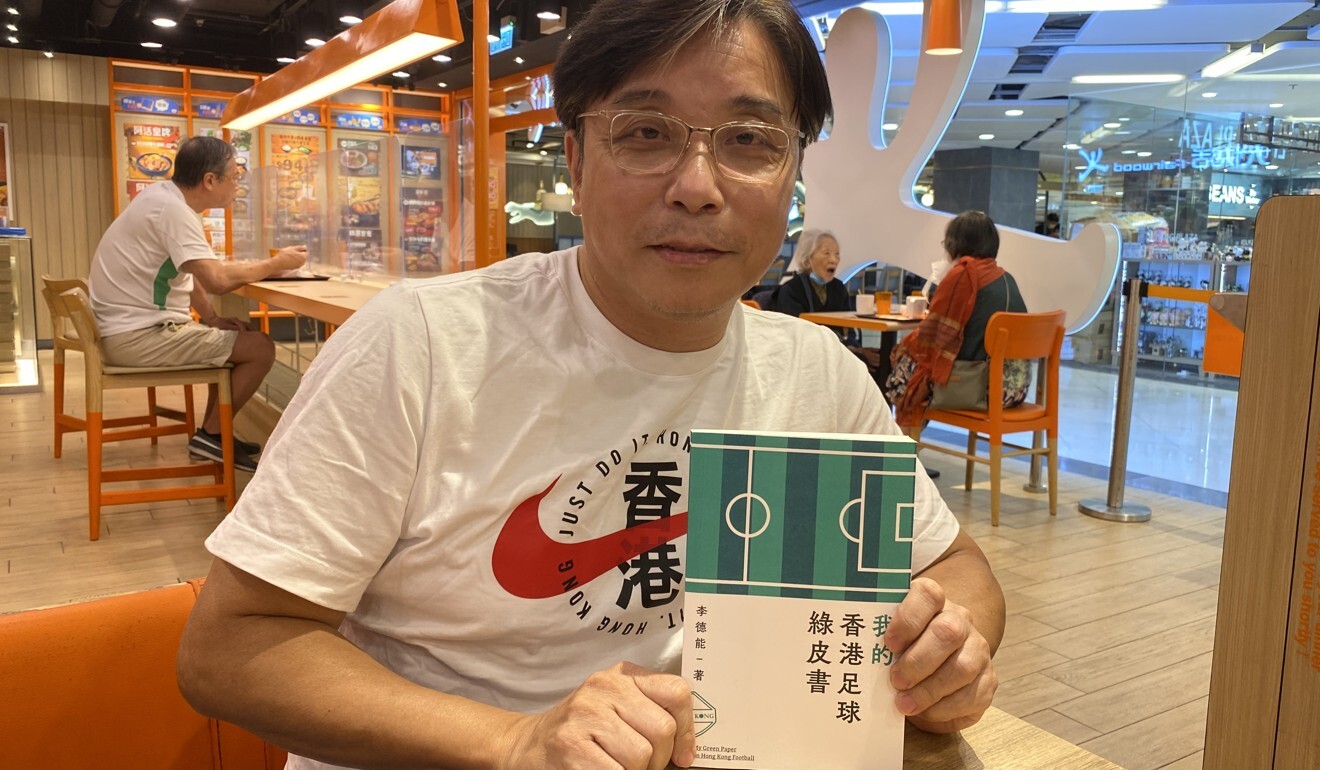
“Over the years, I have come across many people in charge of the sport in my official capacity and I always wanted to offer them my recommendations,” said Li, whose book “My Green Paper on Hong Kong Football” was published last month.
“As I am about to retire from my job, I want to put together all my thoughts so that more people can share my views and if possible, arouse more interest in the community to help Hong Kong football move forward.
“I am not writing a strategic plan. I only want to use my involvement in football for more than three decades to provide some kind of action step that could be of benefit.”
Li started as a football commentator for Radio and Television Hong Kong (RTHK) in the mid 1980s. He has since worked for most Hong Kong television networks as a sports anchor, hosting six World Cup finals and six Olympic Games.
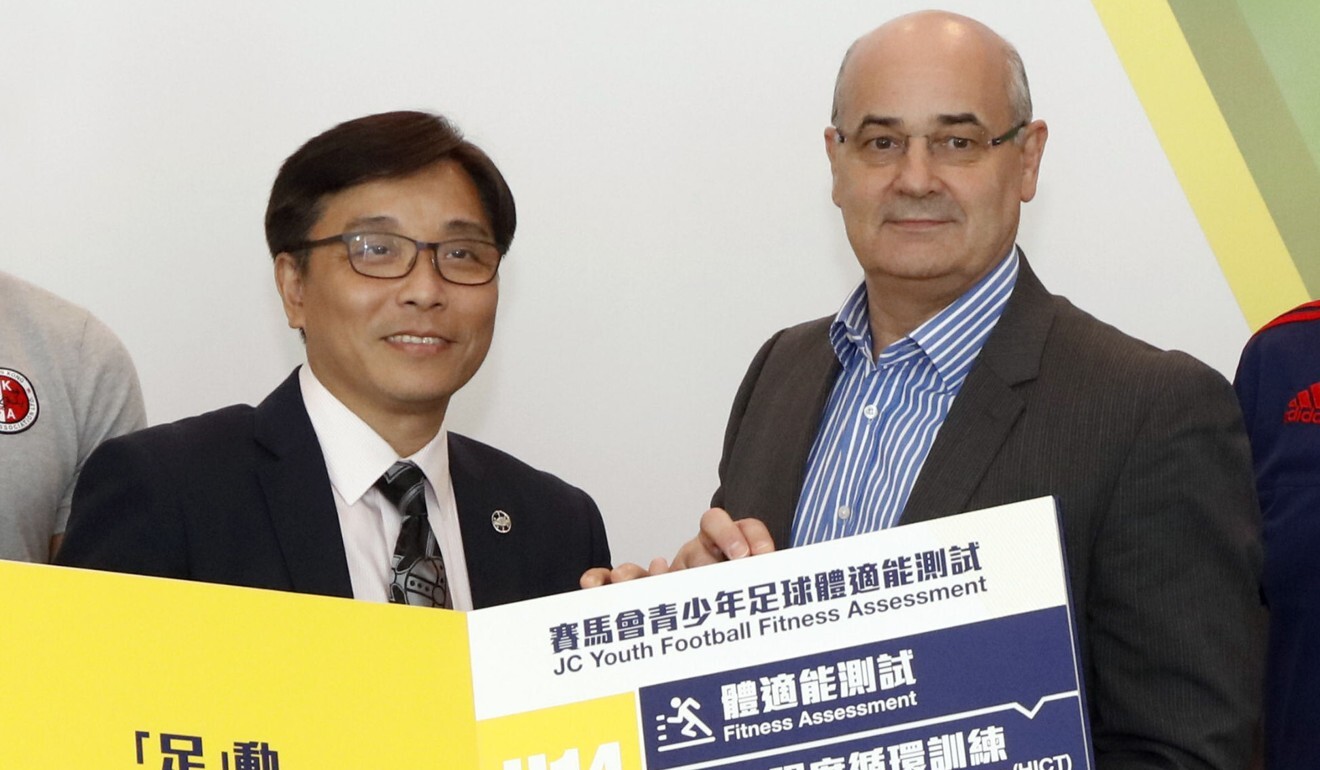
Li once set up a sports promotional company before joining the Sports Institute in the mid 1990s and is now the senior brand manager at the Hong Kong Jockey Club. He was also a member of the government’s Community Sports Committee.
Li believes there is a future in Hong Kong football, providing those involved in the business can work together for the common goal and not for personal gain.
“The Hong Kong Premier League has been struggling since its inception and some people have already suggested we should send a team to the Chinese league on the mainland,” said Li. “But I don’t think this is feasible as the budget of running a team in China, even in League One, is far too expensive for any Hong Kong club to afford.
“If we want to make the Premier League more competitive and make it more attractive to more spectators, why don’t we open it to any interested parties in Hong Kong or overseas, regardless of whether they are a member of the Football Association or not,” he said.
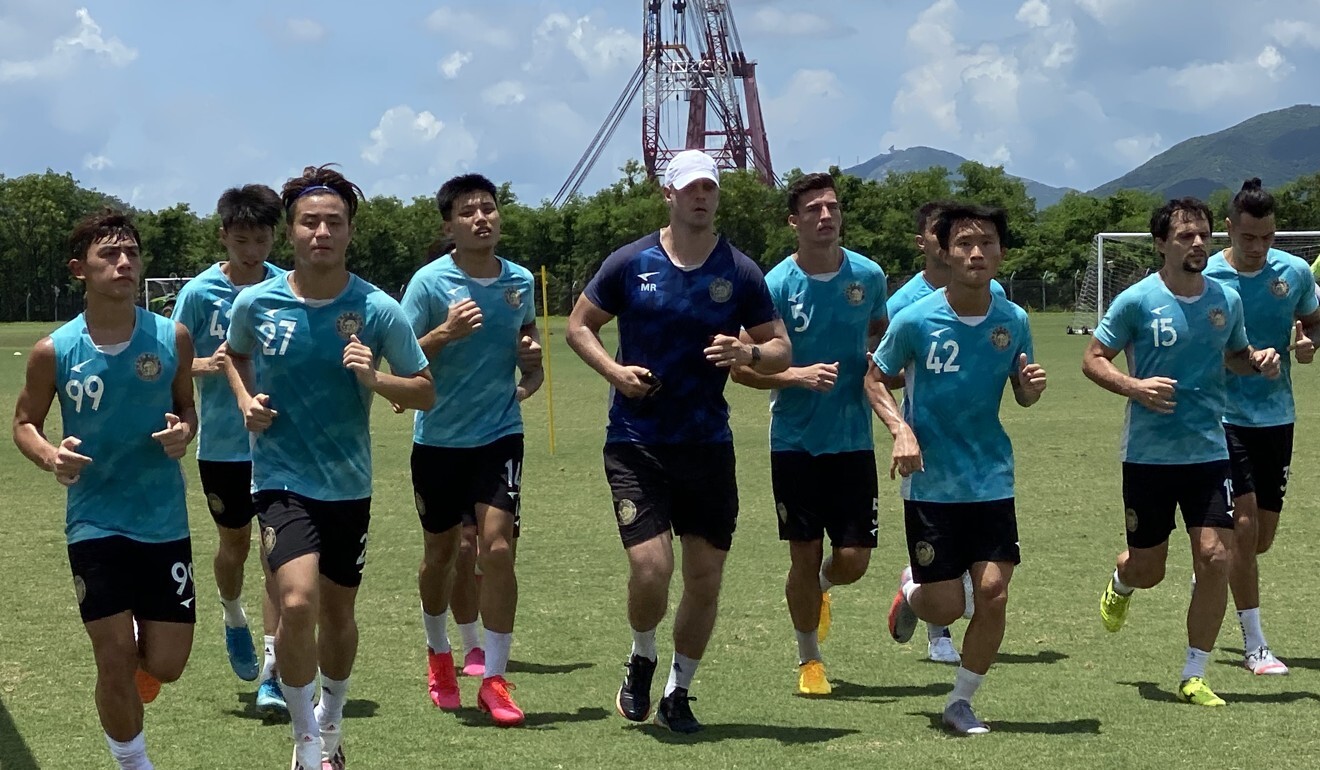
“We can also promote the league to nearby countries if they want to set up a team in Hong Kong. As I mentioned in my book, the NBA, the Australian football league [AFL] and the Singapore football league have had foreign teams. Hong Kong is a favourite place for many Asian countries and they may be interested in setting up teams in our Premier League. The government’s InvestHK can also help promote the idea.”
Li knows that for any sport to have a future, it must have a feeder system but he acknowledges that many Hong Kong parents are not willing to allow their children to make football their career.
Many potential players therefore give up football as a career when they have to make a choice between sport and education, he said.
Li said if local universities could provide a football degree course, it would help ease parents’ worries that their children would have a better future.
Li’s book also provides other recommendations to help promote youth development, such as rebranding the Sapling Cup to a specific youth competition, setting up a regional youth competition across the Asia region and providing an apprentice programme while improving match day experience for fans.
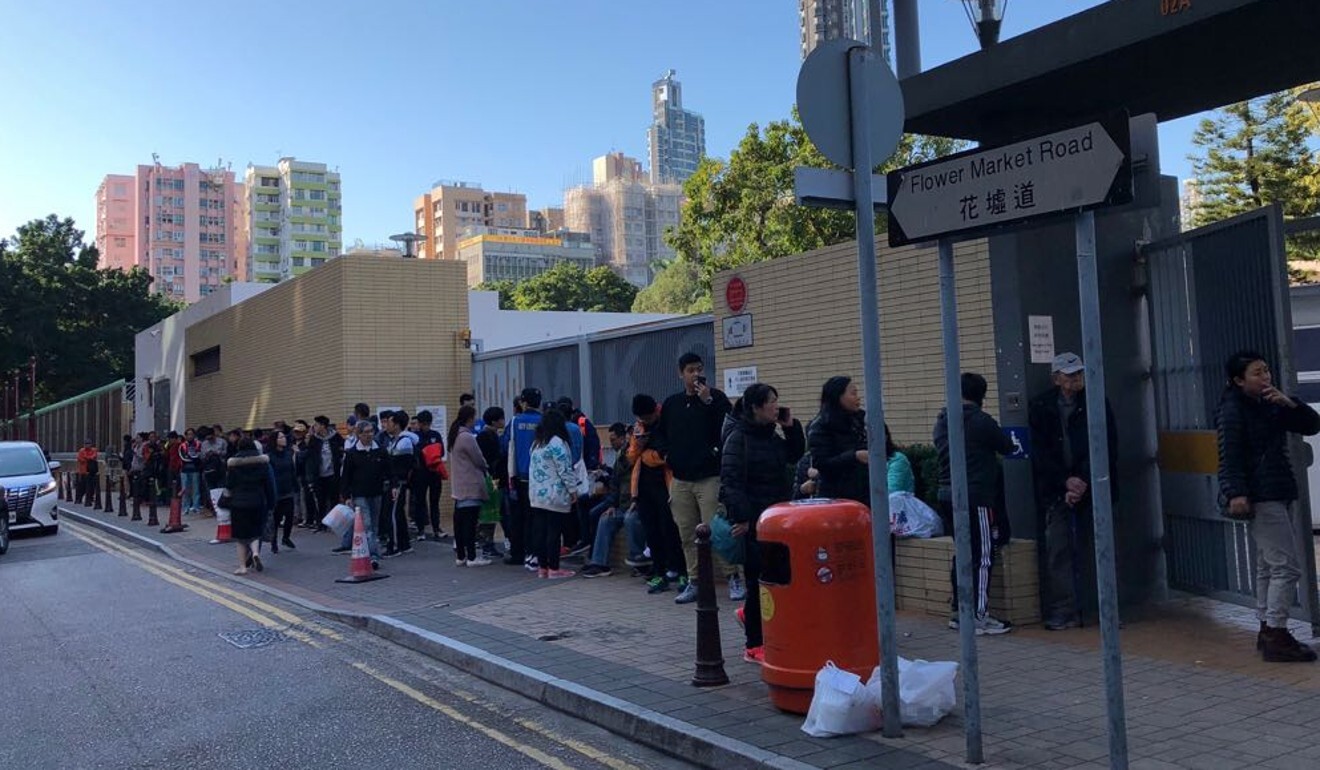
“We have a population of 7.5 million of which 46 per cent are male,” said Li. “If only 5 per cent of those males aged between 15 to 65 attend football games, we are talking about a large number of fans, much bigger than the current average of 1,000 fans per match. There should be a strong market in Hong Kong football but the question is how can we tap its potential?”
From our archive







